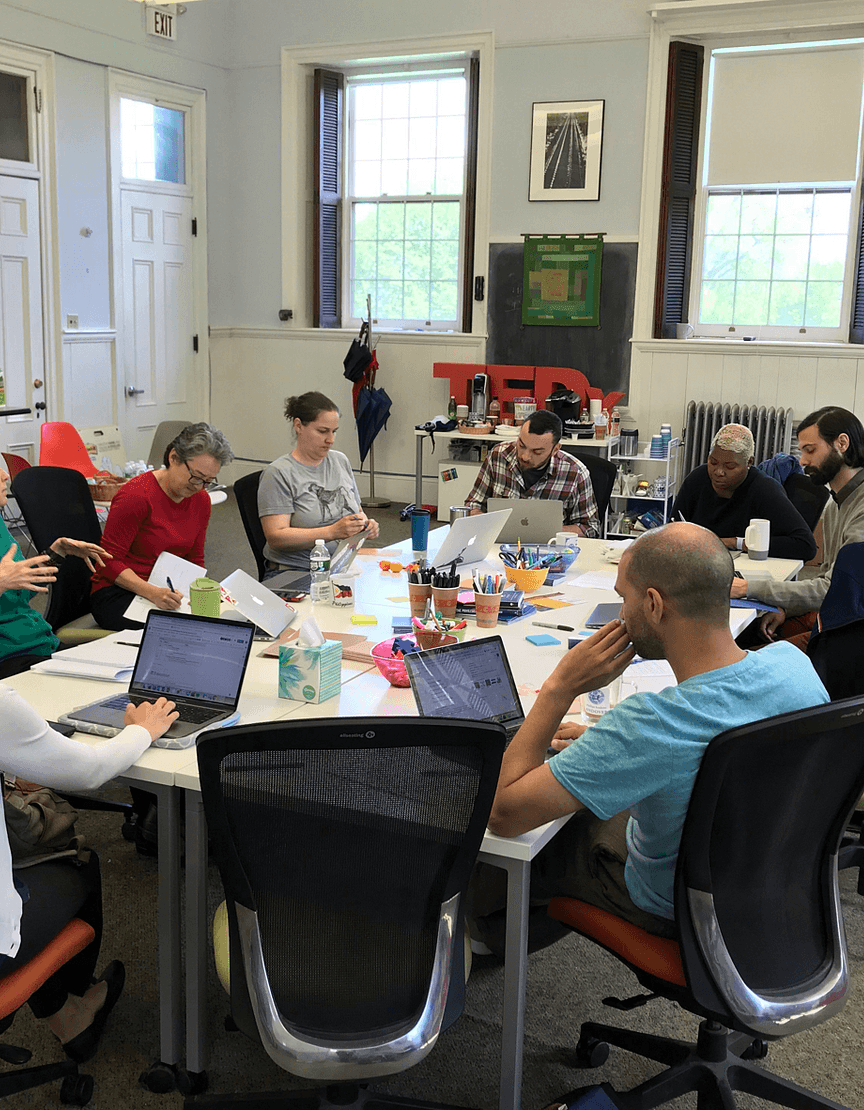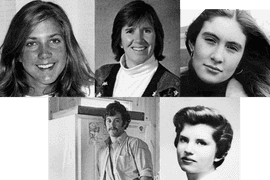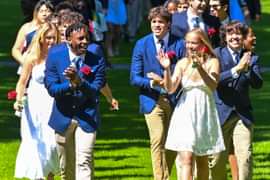
September 09, 2019
Reimagining the Grammar of Schooling: The Workshop at Andover
What if we re-examined the deep structures of schooling that shape, guide, and constrain our sense of what is possible?by Andy Housiaux
Grades, credits, classrooms, subjects: these ideas are so fundamental to schools that two education historians, David Tyack and Larry Cuban, refer to them as the “grammar of schooling.”(1) Grammar – the structure of a language – shapes and guides our possibilities of expression, often in subtle ways. So it is with the grammar of schooling. The deep and often-unexamined structures mentioned above – grades, credits, classrooms, subjects – shape and often constrain our sense of what is possible in education.
The Workshop at Andover, Phillips Academy’s School within a School, will re-envision the grammar of schooling, and in so doing, reimagine what teaching and learning can be, both at Andover and beyond. A group of 15-20 seniors will work together for an entire term on a series of linked, interdisciplinary projects that will connect them to our communities and the broader world. The Workshop will be the only academic commitment these students have in their spring term: with the entire academic day (and term) at our disposal, we will be able to reimagine these fundamental structures of school and learning. What can education become if we look beyond inherited grammars of schooling? How can we best design for deep learning that prioritizes inclusive learning, community engagement, multidisciplinary teaching and learning, and authentic, public-facing assessments? How might we best engage students in substantive projects that require research, collaboration, and effective communication skills?
Our name, The Workshop at Andover, is inspired by educator John Dewey. He wrote, “There is a certain disorder in any busy workshop.” To the founding faculty, these words point towards an educational journey where the end is not known in advance, where progress will not always (or even often) be linear. Students and faculty will learn alongside each other, co-investigating complex problems. The word “workshop” also evokes notions of care and craft and apprenticeship. It is an invitation to revise our work until it possesses what educator Ron Berger refers to as an ethic of excellence.
As a teacher, this undertaking is simultaneously exciting and a bit daunting. When I plan a course, I have a pretty clear sense of how the term and an individual day will unfold. Furthermore, I have a good understanding of the material we will be studying – and I generally know where to find what I don’t know. That won’t always be the case here. The Workshop at Andover will engage students in complex, interdisciplinary problems – the kind of inquiry that must be collaborative precisely because no single approach to it is sufficient. Our students will think about ethics and technology, climate justice, questions of race, class, and gender, and what it means to live a meaningful life. They will be asked to analyze and imagine, to critique and create, and to remember Audre Lorde’s words that “The master’s tools will never dismantle the master’s house.”
There will most certainly be some disorder in our busy workshop. We welcome it. We undertake this effort confident that our students, ourselves as educators, and our entire community will emerge the better for it as we learn how best to frame, address, and respond to the complex challenges facing all of us today.
Tyack and Cuban outline this idea in their seminal book, Tinkering Toward Utopia (1995). Jal Mehta and Sarah Fine incorporate the idea of the grammar of schooling throughout their recent – and revelatory – In Search of Deeper Learning (2019), a book that has informed the design of this program and will be the subject of future blog posts.
Other Stories

Ceremony will take place June 8 during Reunion Weekend




